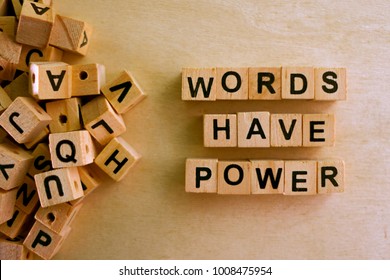Some contemporary monstrous cli-fi films embrace human approaches to ecology. The human ecology movement grew out of the work of Ellen Swallow Richards, who translated Haeckel’s work from its original German and, according to Robert Clarke, introduced the concept of ecology in the United States. Richards, an MIT chemist, defined human ecology as "the study of the surroundings of human beings and the effects they produce on the lives of men" (1910). Since she viewed humans as part of nature, she considered urban problems like air and water pollution as products of human activity imposed on the environment and, subsequently, best resolved by humans.
Although they also highlight a masculine action hero, both The Road (2009) and The Book of Eli stress recovery from Anthropocene apocalypses and the cannibalism at first associated with survival. Directed by Darren Aronofsky, Noah (2014) continues the human focus found in films such as No Blade of Grass. In this rewriting of the Biblical Genesis story, Noah (Russell Crowe) gains the trust of God and his “Watchers” by contesting the environmental disasters caused by Tubal-cain (Ray Winstone), a descendent of Cain. According to the film’s opening, Cain and his offspring “build a great industrial civilization” that “devoured the world.” Instead of exploiting the earth’s resources, Noah teaches his family to live sustainably, protecting nature as a steward rather than a figurative rapist. As a descendent of Seth, he “defend[s] and protect[s] what is left of creation,” according to the opening narration.
But Noah also serves as a super-masculine action hero protecting his family and the Earth at any cost. In this reboot of the Biblical story, Noah decisively revises God’s plan to rebuild all life, including humans, by eliminating wives and children from the Ark. In this version, Noah believes that because “everything that was beautiful, everything that was good we shattered, mankind must end.” After the flood ends, Noah tells his family, when his adopted infertile daughter Ila (Emma Watson) and the last of his sons Japheth (Leo McHugh Carroll) die, so will humanity. In Noah’s mind, humans will only repeat their mistakes and destroy creation if given the chance.
Instead, Noah’s grandfather Methuselah (Anthony Hopkins) has miraculously restored Ila’s fertility. When she gives birth to twins girls, Noah cannot kill his granddaughters, so human ecology prevails. In Noah as in the Bible, however, it is a higher power that intervenes to cleanse the world and provide the space for a new beginning after the great flood. As the narrator explains, Noah and his family must “be fruitful and multiply and replenish the Earth.” Most of humanity is destroyed, but the remaining extended family serves as a curious genesis for the rise of human populations around the world.




